Nathan Jun shares hidden talent, love for hip-hop culture
Teaching is not the only thing on philosophy professor Nathan Jun’s mind.
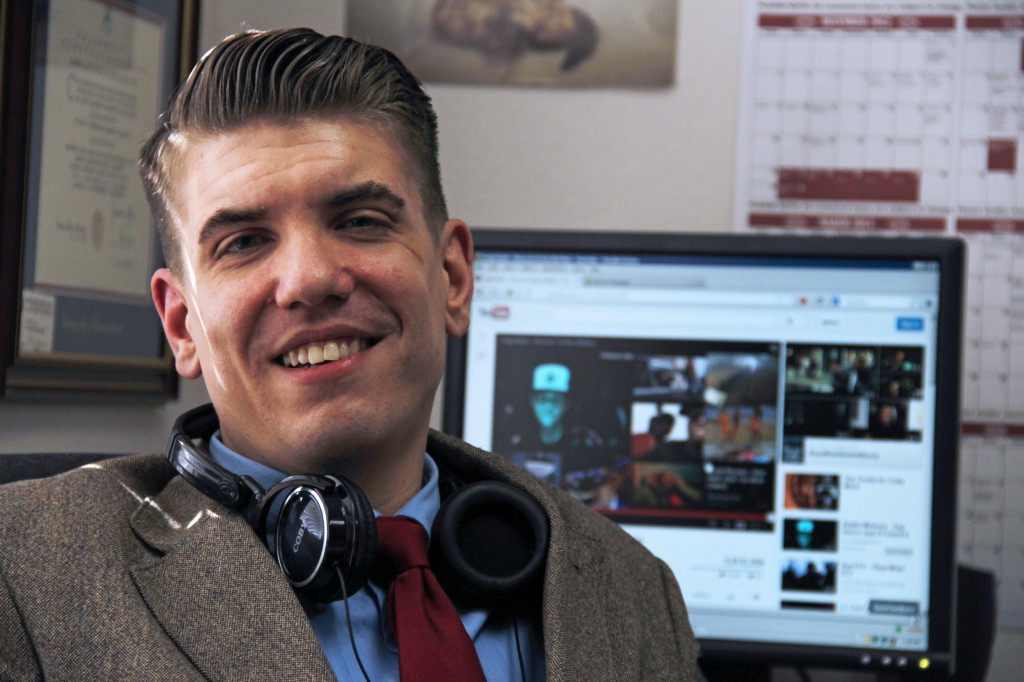
From developing scholarly journals to publishing his first book in 2011, when classes are over and students leave the classroom, Jun’s plans for the day don’t end there.
With a laptop, an audio editor program and a creative outlook on creating music beats, this rap enthusiast finds time between grading exams and establishing lesson plans to express his love for the hip-hop culture.
“When I moved [to Wichita Falls in 2008] I started messing around making beats just by myself,” Jun said. “In part because I had students who were MCs so I would make beats for them that they would rhyme over. It kind of then developed into a hobby.”
At his home, Jun utilizes multi-track audio recording and production software, Adobe Audition, and a simple DJ mixer to make his beats come to life.
“It’s fairly simple to do,” he said. “The trick is to try and come up with a creative blend of tracks. I had one where I took the groove from Steely Dan’s ‘Rikki Don’t Lose That Number,’ put some hip-hop drum track under that, then some James Brown. Sometimes it works and sometimes it doesn’t work. You just have to try different combinations until you find something that goes together.”
Jun normally provides about 16 bars of a main beat that can be used by anyone as a building block to create a song.
“If I am layering several different samples and sound effects, it could take a long time,” he said. “I have a couple that I have been working on for months now. The beats themselves aren’t very long. I just try to give MCs as much to work with as possible to build a track on their own.”
A well-kept secret to many, Jun normally only shares his love for creating beats and the hip-hop culture to other MCs or DJs he collaborates with musically.
“Sometimes they will come to me and say that they have these lyrics, but they haven’t found anything to go behind them, so I’ll read it and try and make the corresponding beat kind of reflect the emotional landscape of the lyrics,” he said. “Or if I know the sounds of music the MC likes to listen to, that will influence how I create the beat for them.”
The Chicago native said he has been in-and-out of bands since he was 16 years old and has played piano since he was a child.
“When I was very young, I listened to stuff like the Fat Boys, ‘Licensed to Ill’ by the Beastie Boys and DJ Jazzy Jeff & The Fresh Prince,” he said. “So that is something that I just listened to as a kid. I didn’t get really into hip-hop until much later.”
Jun said he also performed in some folk and punk bands where he showcased his guitar and drum skills.
From Pete Rock to KRS-One, whom he credits as the greatest MC ever, Jun said old school hip-hop music inspires the kind of beats that he creates with an emphasis on horns and bass roots.
“That kind of style of producing has been passé now for 20 years,” Jun said. “It really dropped out actually around the time of early gangster rap. People like Dr. Dre started using funk samples like Rick James instead of soul samples.”
Beginning in the mid-80s, what many call hip-hop’s “golden age,” Jun was first exposed to the likes of Public Enemy and Rakim.
“One of the things that really changed hip-hop was the disappearance of the DJ and the rise of the producer,” he said. “A lot of the stuff used to be performed live instead of a producer putting it all together, loading it onto a laptop and pressing play and then a guy raps over it. That form of mixing used to be done live with two turntables.”
Because of this shift, Jun said DJing has become an underground art form. DJing no longer being a “standard” and has caused mainstream rap music to lose some of the elements of the old music, Jun said.
“Hip-hop lost a little bit of its culture when it came more orientated toward the MC and so production serves the interest of the MC and not the other way around,” he said. “Like Diddy took the basic idea of production to its logical sort of extreme by saying, ‘we’re just going to sample this one riff and that’s it and then loop it over and over again.’ That’s so mediocre. There’s not talent in that.”
However this alteration of the genre has its perks because Jun said now people like himself can try their hands at producing. Even though producing is currently a hobby, Jun said making music is a way for him to relax from his hectic day-to-day life.
“Opportunities for fun come few and far in-between in this town,” he said. “If you are a person that likes music, making it on your own or making music with other people is fun and when you are doing a job that is as stressful as mine, you just need to do something that isn’t grading or preparing lessons or reading.”







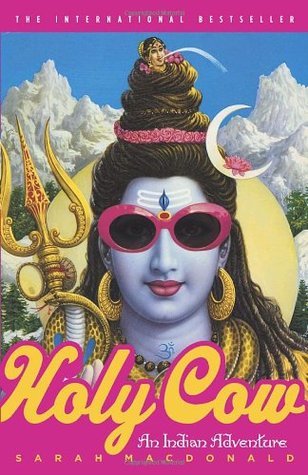






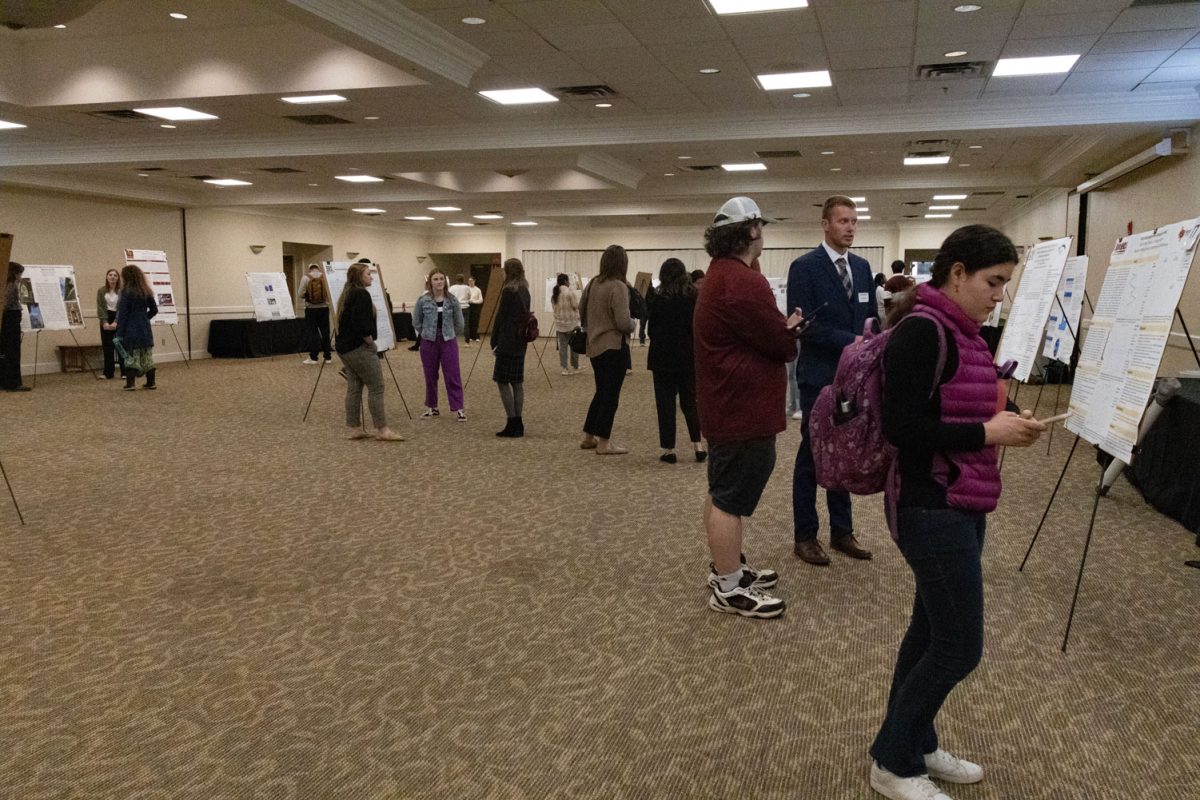
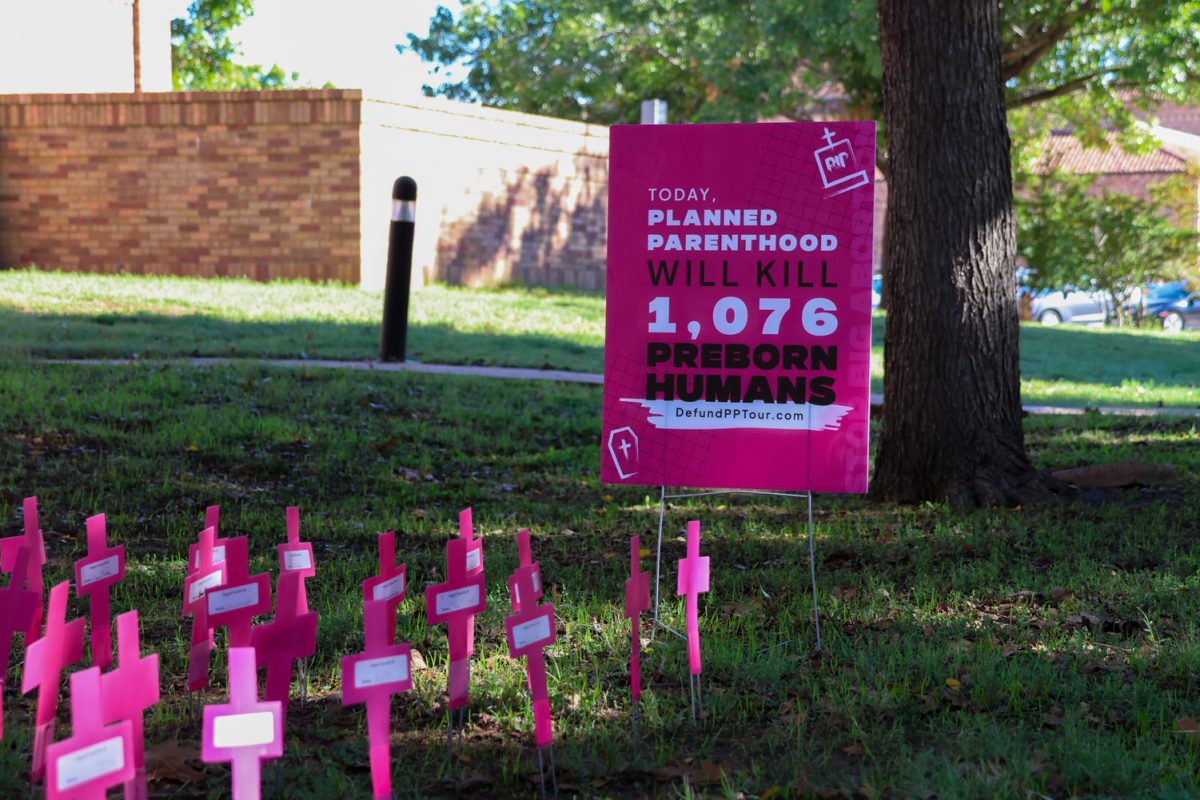
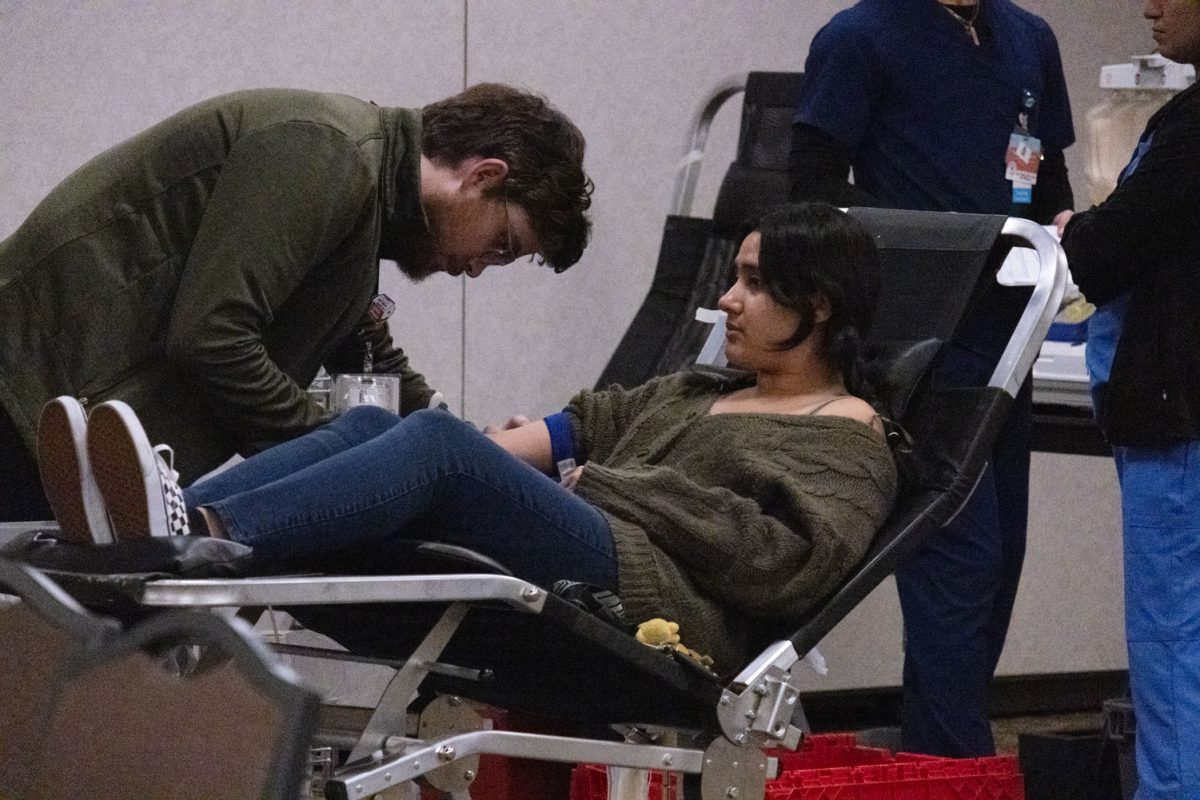
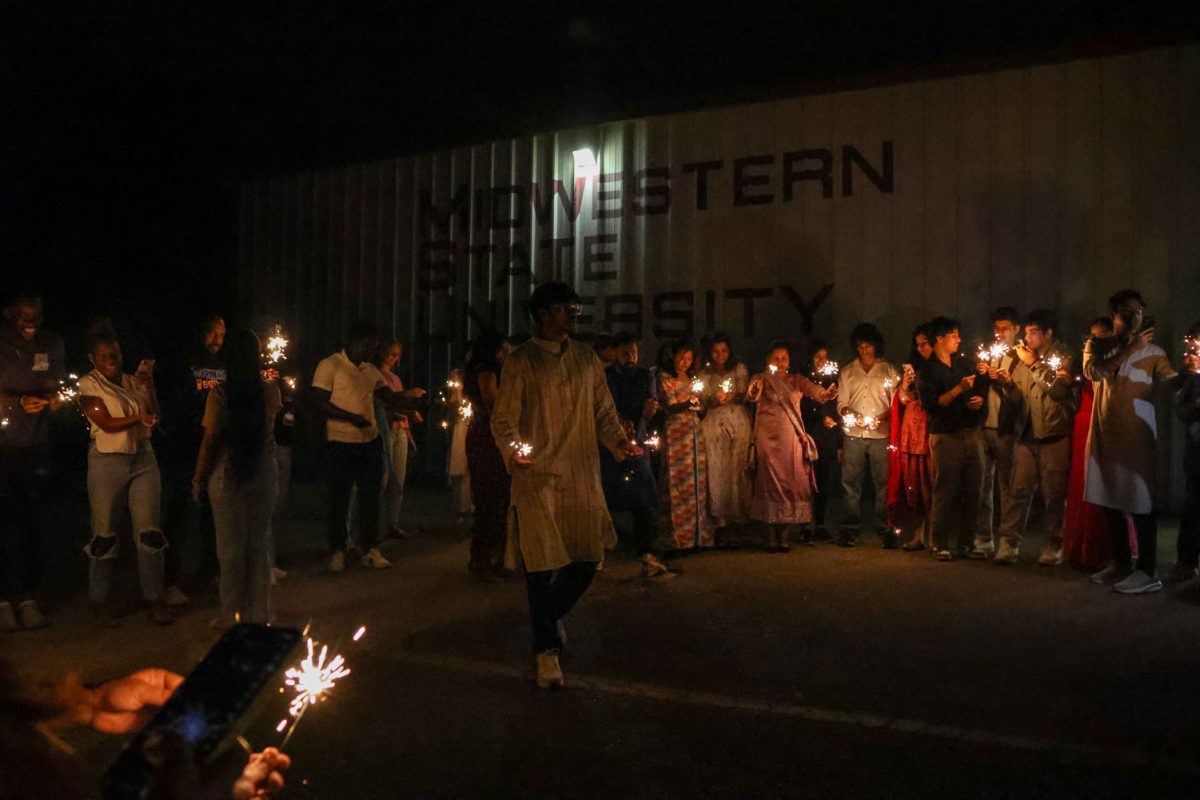
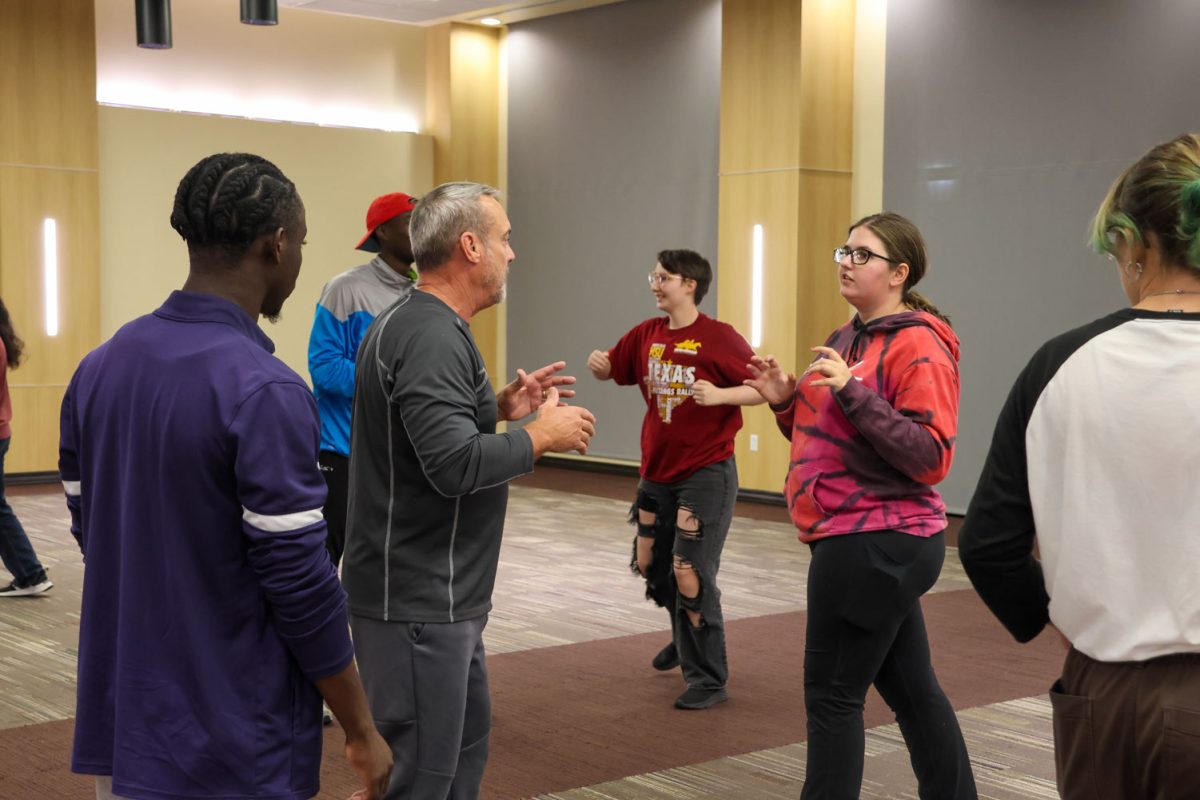
Arron • Oct 26, 2015 at 5:27 AM
Thanks for another fantastic post. The place else may anyone get that kind of information in such a
perfect manner of writing? I’ve a presentation next week,
and I am at the look for succh information.
support.itechnologies.ae • Aug 8, 2014 at 11:26 PM
Right here is the perfect webpage for everyone who would like to understand this topic.
You understand so much its almost hard to argue with you (not
that I personally would want to…HaHa). You certainly put
a fresh spin on a topic that has been discussed for ages.
Excellent stuff, just wonderful!
MDaddy91 • Feb 22, 2013 at 2:59 PM
Dr. Jun is the best professor at MSU by a landslide. The fact that he does hiphop only makes him cooler, if that’s even possible.
Chris Collins • Feb 21, 2013 at 7:49 PM
Cool article Brittney. Jun is so freaking badass